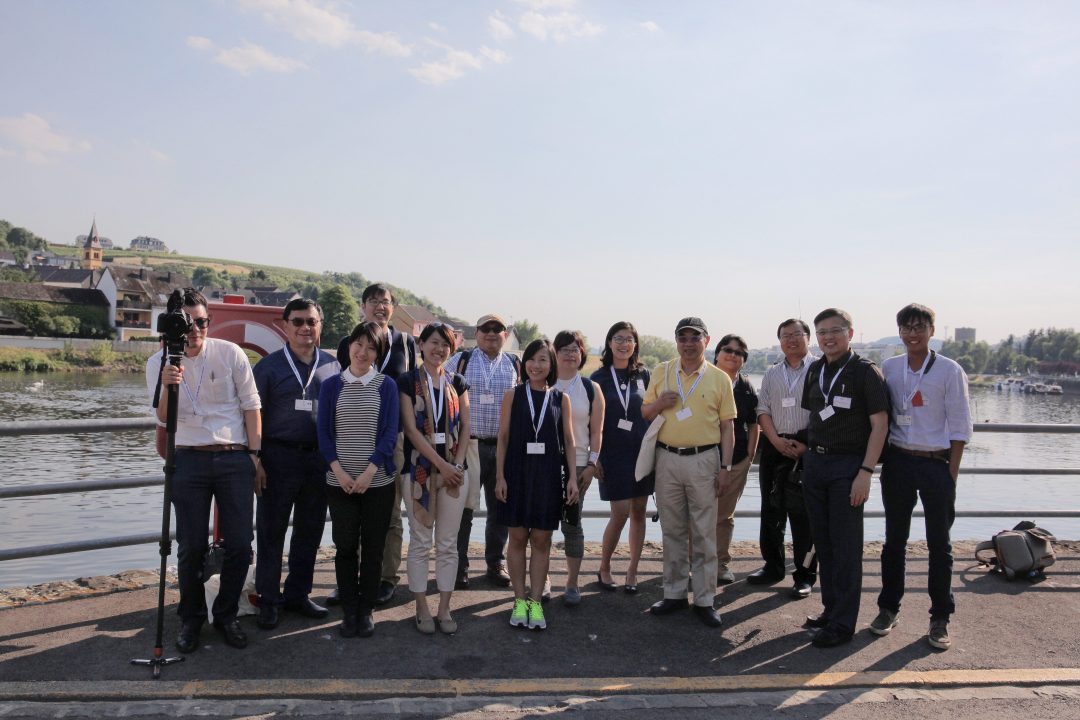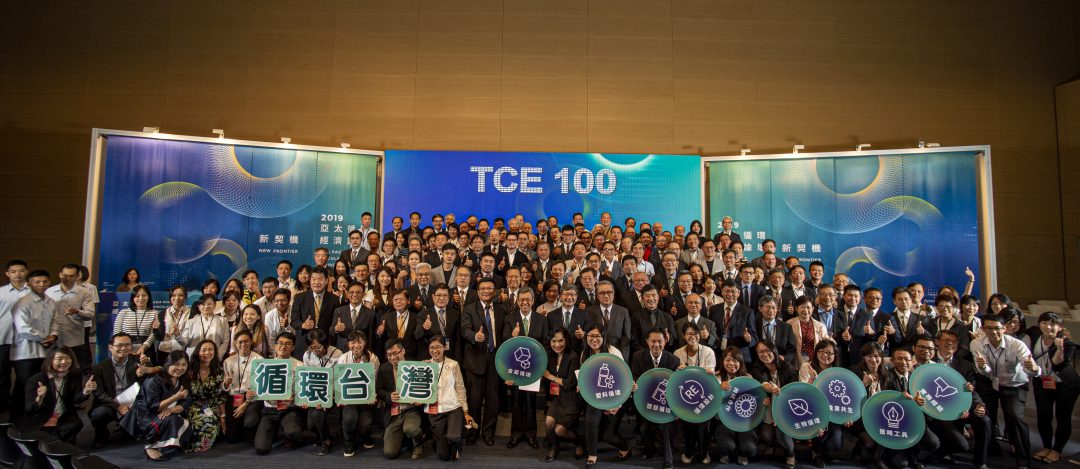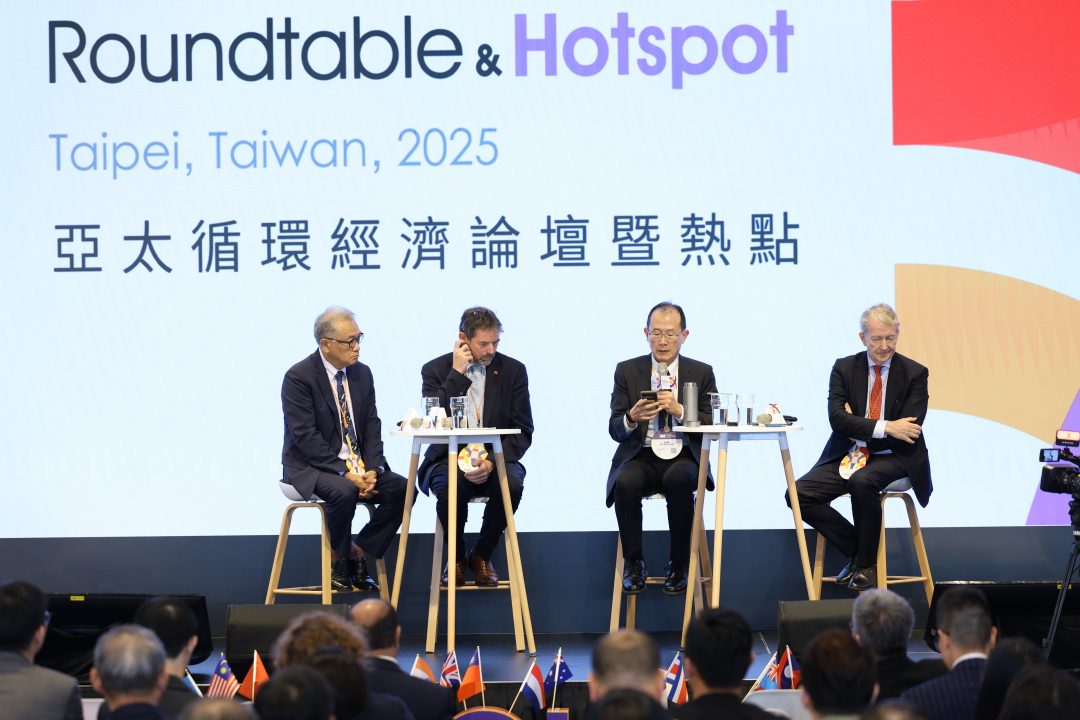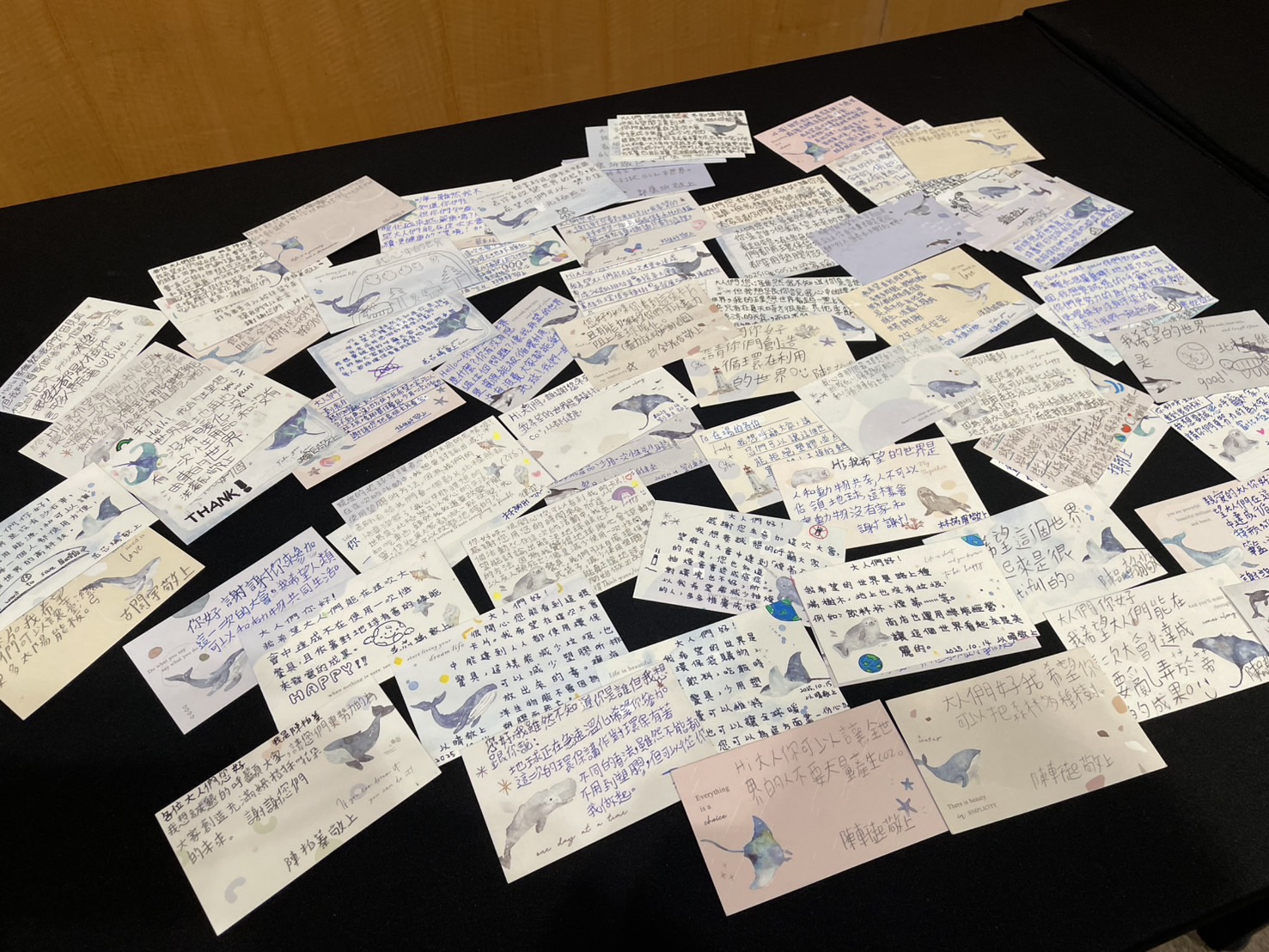Not an end, but the beginning of action—Taiwan leads the way in forging a new chapter for circular collaboration in the Asia Pacific.
The journey began in 2016, when the Circular Taiwan Network(CTN) first led a delegation to the Netherlands to participate in the Circular Economy Hotspot, learning from Europe’s experiences. In 2019, Taiwan hosted the inaugural Asia Pacific Circular Economy Roundtable (APCER), opening dialogue with regional partners. By 2024, Taiwan was officially selected as the host for 2025. This journey—from learning, to action, to leadership—has now come to fruition.
APCER & Hotspot 2025 is more than a forum; it is an international platform connecting government, business, finance, academia, and social innovators, convening diverse actors to co-create the future of the circular economy across the Asia Pacific.


From Circular Blueprints to Action Networks: Taiwan Leading Regional Collaboration
Hosted jointly by the Ministries of Environment, Economic Affairs, and Agriculture, alongside the Circular Taiwan Network, the forum brought together 18 program partners, 13 regional and international CE community partners, and 13 supporting partners, attracting over 500 participants from 50 countries. The event showcased Taiwan’s commitment to advancing the circular economy and fostering regional collaboration.
Over four days, 96 speakers shared insights across six site visits and 18 parallel sessions, covering topics from policy to industry, governance to lifestyle—bridging borders and generations to outline the Asia Pacific’s path toward circular transformation.
,今(22)日上午於臺北松菸文創園區盛大開幕。由環境部、經濟部、農業部及循環台灣基金會共同主辦。-e1761639145219.jpg)
Session 1 | From Waste to System Transformation: Circular Economy Roadmaps from an Asian Perspective
The international panel focused on the shift from waste management to systemic circular approaches encompassing design, production, consumption, and circular.
Minister Peng Chi-ming of the Ministry of Environment unveiled the draft Taiwan Circular Economy Roadmap, highlighting the integration of policy, industry, and finance to transition from resource recovery to a full circular economy system—Taiwan’s first consolidated blueprint aligning cross-ministry strategies with industrial development.
- Prof. Shinsuke MURAKAMI from the University of Tokyo noted that while Japan has a mature recycling system, it remains overly focused on end-of-life management, often overlooking upstream reduction and behavioral change, emphasizing the potential for Taiwan-Japan collaboration.
- Shalini Bhalla, Managing Director of the International Council for Circular Economy (ICCE), stressed that circularity goes beyond recycling, highlighting the importance of the right-to-repair and sustainable consumption patterns to build resilient cities.
- Stephanie Downes, Executive Director for the Asia-Pacific of WRAP, noted progress in corporate responsibility and food waste reduction in the region but emphasized the need for enforceable policies to accelerate systemic reform.

Session 2 | From Roadmap to Action: Promoting Circular Governance and Building Circular Cooperation
This international panel explored the “Circular Trilogy”—integrating corporate governance, policy guidance, and international regulation to mainstream circular economy practices. Moderated by former Dutch Representative Guy Wittich, panelists included Chen Wei-wang (General Manager of Everlight Chemical Industrial Corporation), Charles Huang(Chairman, Circular Taiwan Network), and Freek van Eijk (CEO, Holland Circular Hotspot). They shared insights on policy integration, cross-border governance, and market implementation, showcasing the potential of regional collaboration.

The draft Taiwan Circular Economy Roadmap was also shared for dynamic co-creation, gathering suggestions and potential partnerships—serving not just as a policy framework but as a starting point for future action.


Circularity in Action: From Concept to Daily Life
Circular economy was practiced as well as discussed. From circular utensils to artworks created from pre-loved clothing, the forum embodied circular principles. The collaborative artwork will be permanently displayed at the Ministry of Environment, symbolizing Taiwan’s shared commitment to a circular economy.
The forum collected 78 feedbacks on Taiwan’s roadmap and 392 collaboration proposals, forming 29 cross-sector partnership intentions—laying the groundwork for concrete follow-up actions.
Circular Trilogy: Linking the Asia Pacific and Beyond
The forum’s ultimate goal is not to showcase results but to spark long-term international collaboration. Climate crises, resource depletion, and supply chain disruptions transcend borders—and the circular economy offers shared solutions.
From circular accounting to consumption-based carbon disclosure, from cross-border trade cooperation to circular supply networks, these forward-looking initiatives will guide the next stage of multinational action.
“Circular economy is not just an environmental agenda—it is a new economic order.”
As Charles Huang, Chairman of the Circular Taiwan Network, emphasized, Asia Pacific nations must shift from linear thinking to a shared responsibility framework, using the Circular Trilogy: good ideas × good governance = good business, a structure for a resilient, sustainable economic model.
During the forum, 120 children contributed “letters to the future”, offering their hopes and reminding all participants that today’s efforts are for the next generation.


This event’s conclusion is not the end—it is the beginning. The Circular Taiwan Network will continue collaborating with domestic and international partners to promote an inclusive, sustainable circular economy, spreading the dialogue from Taiwan to the Asia Pacific and ultimately the world.
Let’s give ourselves a round of applause—for the real action starts now!
